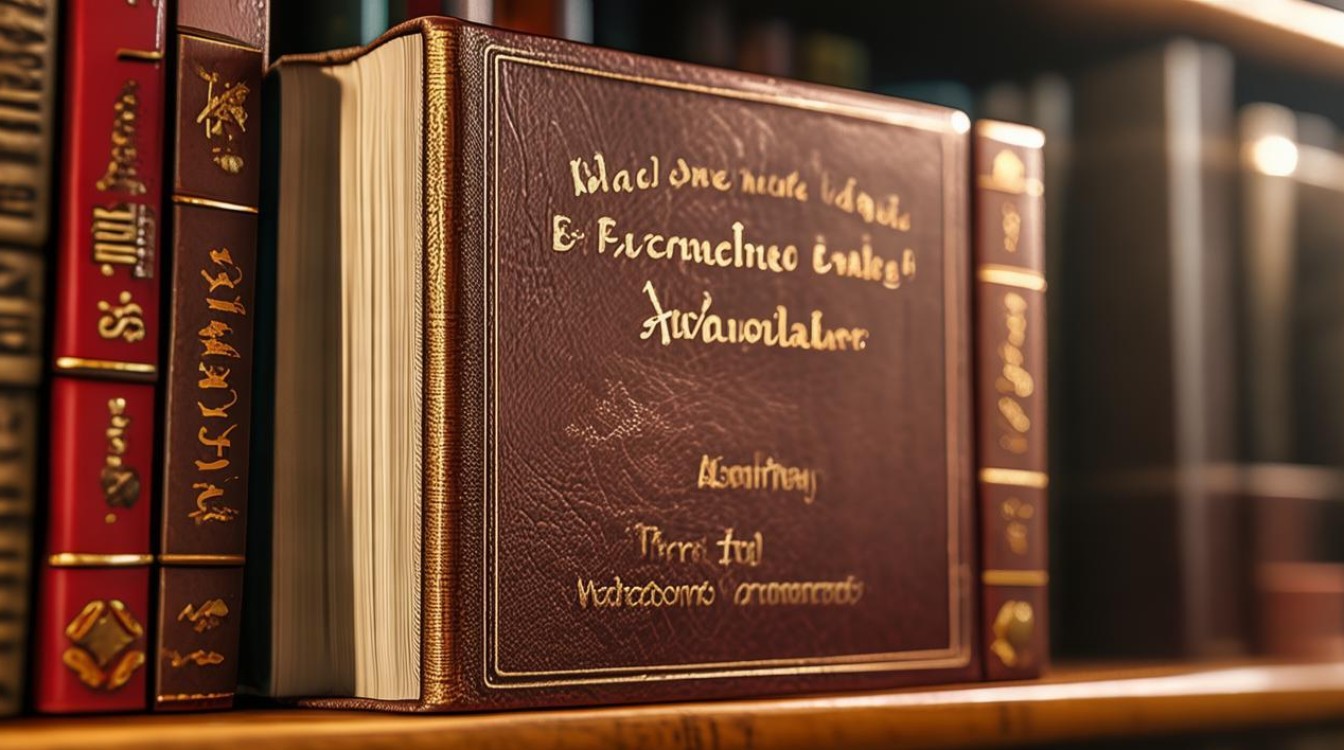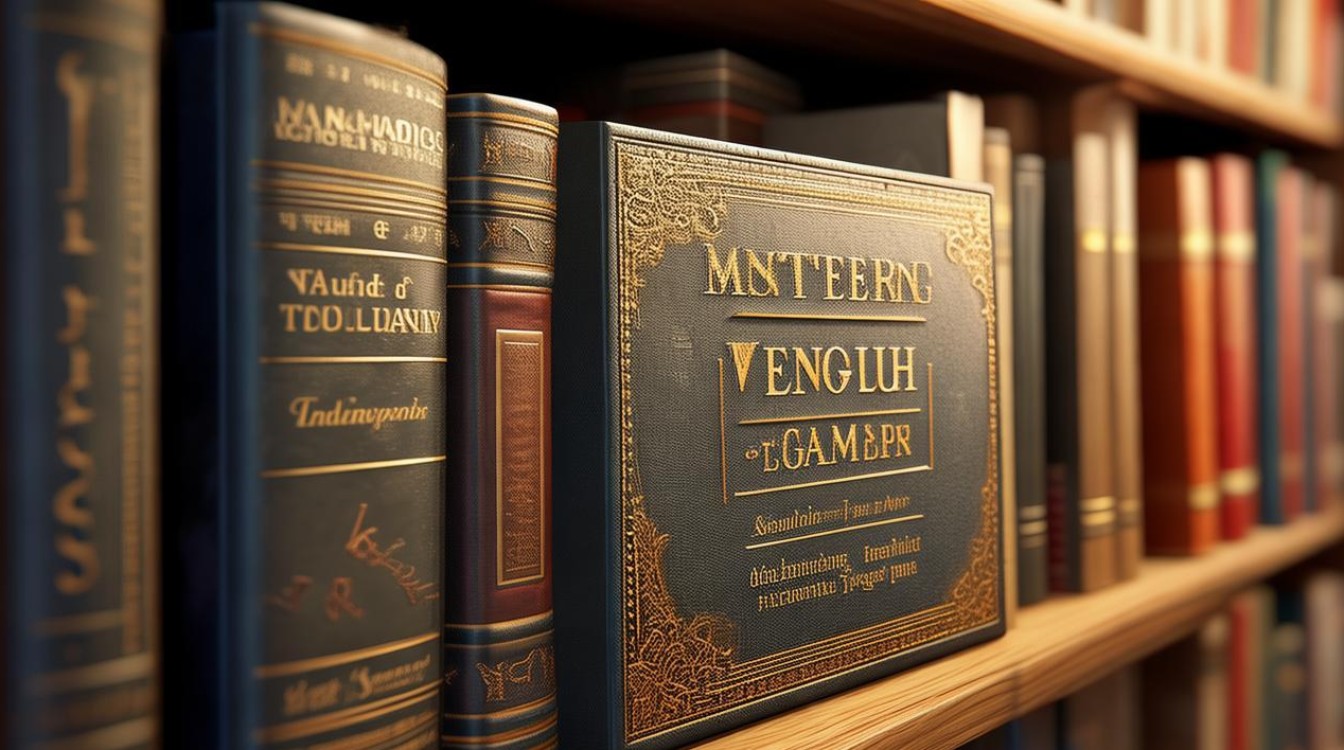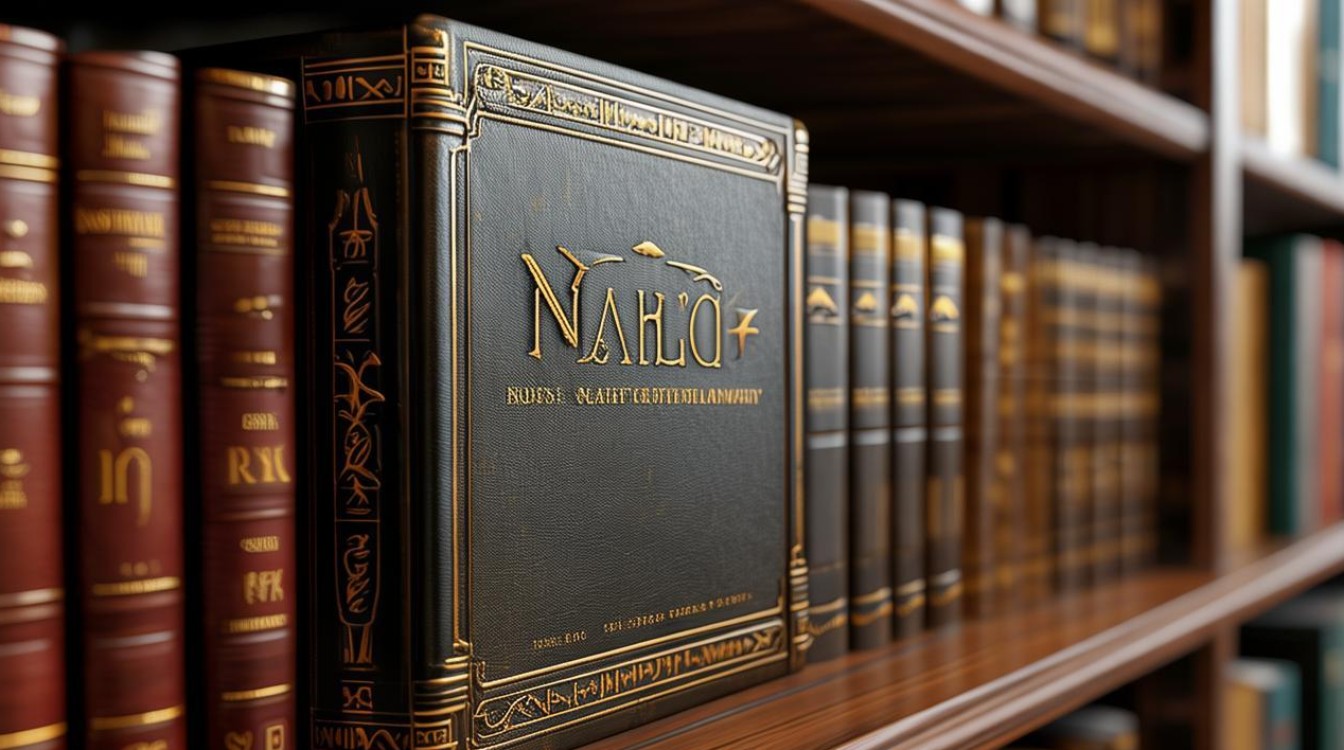Learning English involves more than memorizing words—it requires understanding how to translate them effectively. Whether you're a student, professional, or language enthusiast, knowing the nuances of English vocabulary translation can enhance communication. This guide explores key strategies for accurate translation while addressing common challenges.

The Importance of Context in Translation
Words often carry multiple meanings depending on context. For example, the word "bank" can refer to a financial institution or the side of a river. Without context, translation becomes unreliable. Consider these examples:
- "I deposited money at the bank." → Refers to a financial institution.
- "We sat by the bank of the river." → Refers to the land alongside water.
Using tools like dictionaries or translation apps helps, but human judgment ensures precision. Always verify translations by checking example sentences or consulting native speakers.
False Friends: Words That Mislead
Some words appear similar in different languages but have entirely different meanings. These "false friends" can create confusion. For instance:
- "Actual" in English means "current," while in Spanish, "actual" means "real."
- "Gift" in English is a present, but in German, "Gift" means "poison."
Being aware of these differences prevents embarrassing mistakes. Cross-referencing translations with reputable sources minimizes errors.

Idiomatic Expressions and Cultural Nuances
Literal translations often fail with idioms. Phrases like "kick the bucket" (meaning "to die") or "hit the books" (meaning "to study") don’t make sense when translated word-for-word. Instead, focus on conveying the intended meaning.
For example:
- "It's raining cats and dogs." → A native speaker understands this means heavy rain, but a direct translation would confuse learners.
Learning idioms requires exposure to native content—movies, books, and conversations help grasp these expressions naturally.
Technical and Industry-Specific Terms
Specialized fields like medicine, law, or engineering use jargon that may not have direct equivalents. In such cases, translators must:

- Understand the concept before attempting translation.
- Use standardized terminology from official glossaries.
- Consult experts when unsure.
For example, translating "quantum entanglement" requires knowledge of physics to ensure accuracy.
Tools and Resources for Better Translation
While human judgment is irreplaceable, technology aids efficiency. Useful resources include:
- Oxford Learner’s Dictionaries – Provides definitions, synonyms, and usage examples.
- Linguee – Shows real-world translations from professional documents.
- DeepL – Offers nuanced translations for complex sentences.
However, avoid over-relying on automated tools—always review outputs for errors.
Common Pitfalls and How to Avoid Them
- Overusing Direct Translations – Not all words have one-to-one equivalents. Instead of forcing a match, explain the idea.
- Ignoring Grammar Rules – Sentence structure varies across languages. Ensure translations follow correct syntax.
- Neglecting Regional Variations – British and American English differ (e.g., "lift" vs. "elevator"). Tailor translations to the target audience.
Practical Tips for Improving Translation Skills
- Read Extensively – Exposure to well-written material builds vocabulary and intuition.
- Practice with Native Speakers – Conversations reveal real-world usage.
- Keep a Personal Glossary – Note down challenging words and their correct translations.
Accurate translation bridges communication gaps and fosters deeper understanding. By prioritizing context, avoiding false friends, and leveraging resources, anyone can refine their skills. The journey to mastering English vocabulary is ongoing—every mistake is a step toward fluency.

Language is alive, evolving with culture and usage. Stay curious, keep learning, and embrace the nuances that make translation both an art and a science.

